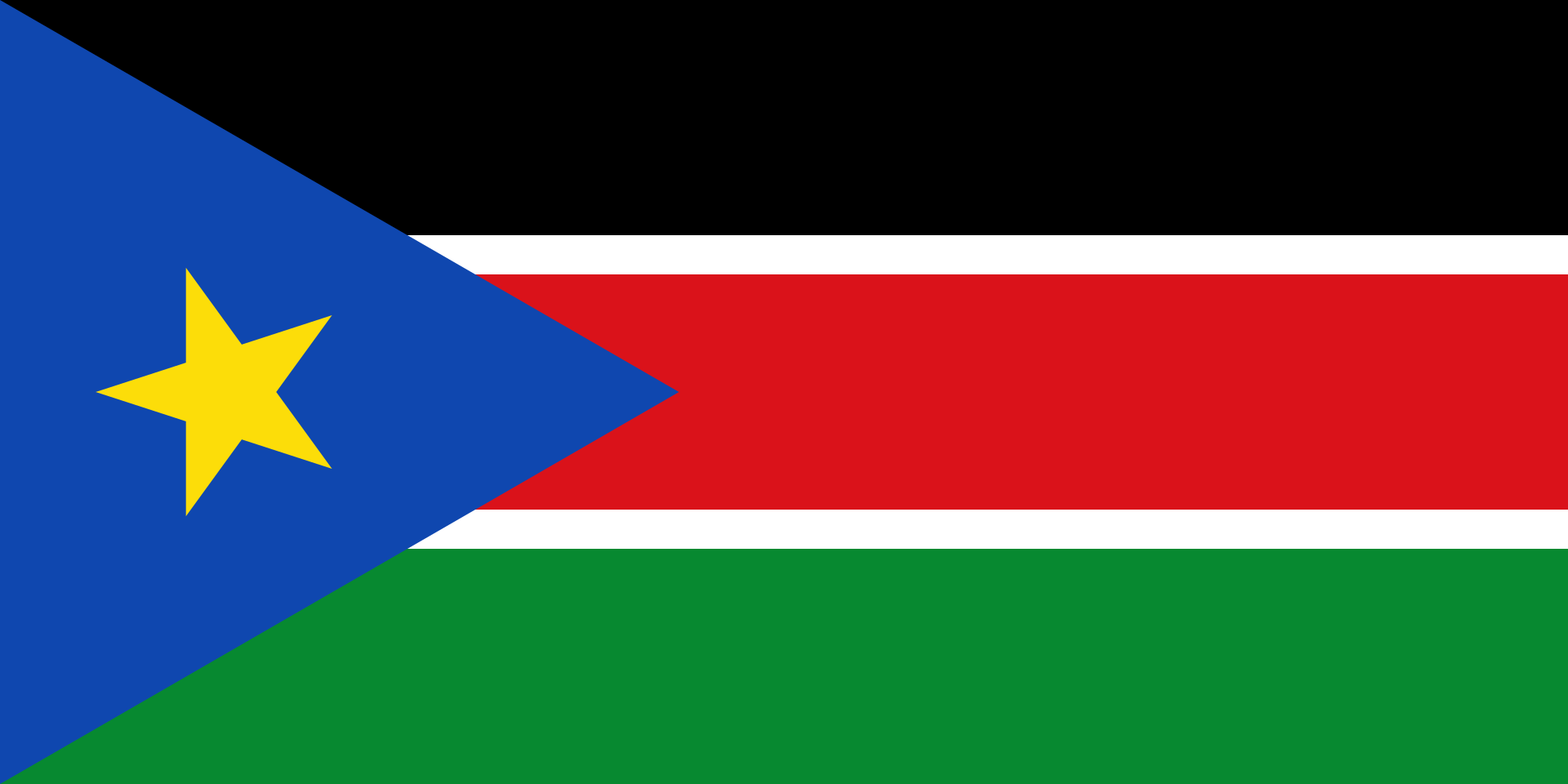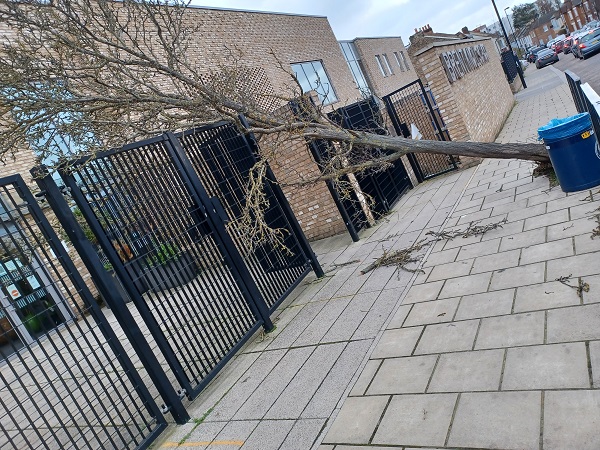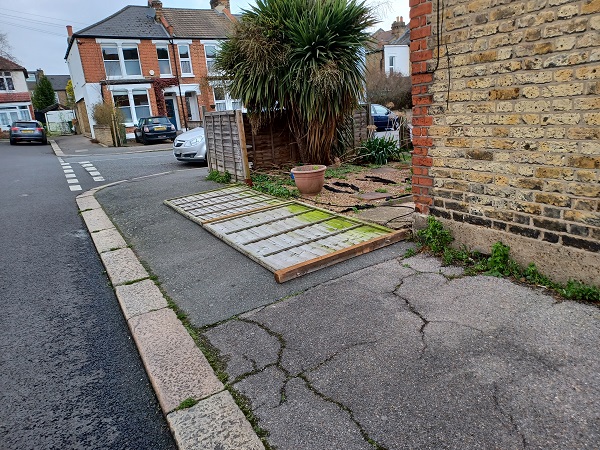- Details
- World
- 1210
Fighting between the Sudan People’s Liberation Army in Opposition and armed youths, which began in Mirmir Payam, has spread to several villages in Koch, Mayiandit and Leer.
“UNMISS strongly condemns the violence at a time when humanitarian needs are rising, and people are already reeling from the worst flooding in decades," the statement said.
Killings, rapes and looting
The violence has been mounting over the past two weeks.
Civilians have been killed, while others were injured or forced to flee their homes. Property was destroyed and humanitarian supplies were also looted in the violence.
Nine women were raped between 22 and 23 February, health facilities in Leer town reported.
Prevent further escalation
UNMISS has appealed to national and local leaders, and armed groups, to immediately stop the violence.
"The Mission urges national and local authorities to take immediate measures to reduce tensions and to prevent further escalation of the situation,” the statement said.
UNMISS will ramp up patrols and continue to work with stakeholders at the state, national and local level, as well as communities, to encourage dialogue and reduce tensions and insecurity.
It also plans to conduct missions to the affected areas to assess the situation and document allegations of violations and abuses.
The statement calls for authorities to carry out timely investigations and urges the Government to hold accountable those responsible for instigating and participating in the violence. - United Nations










